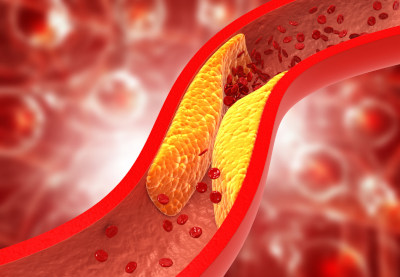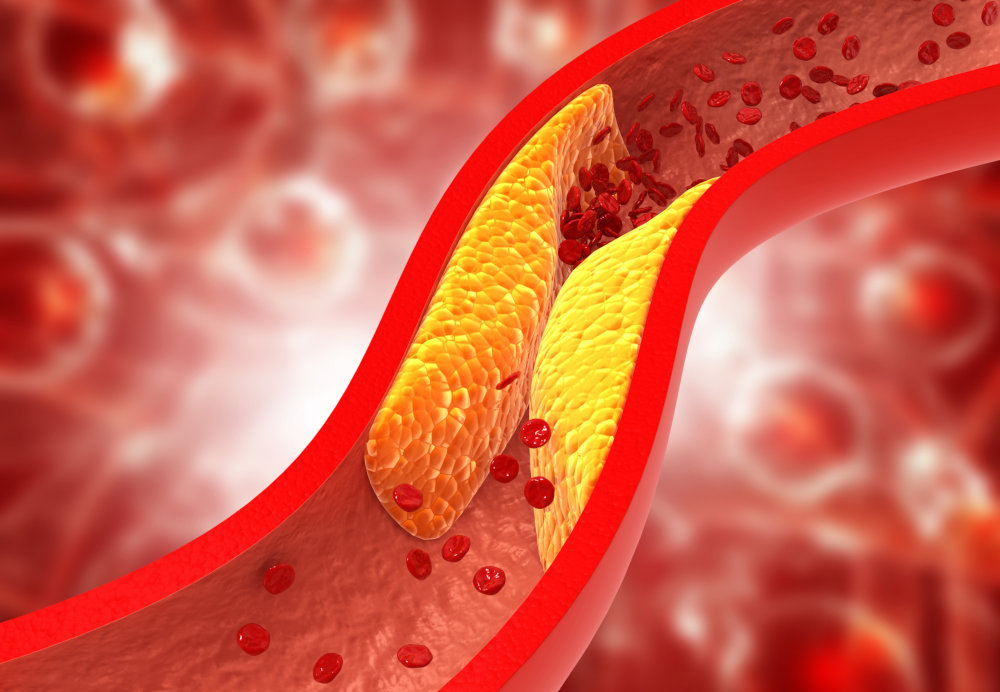
The primary prevention of cardiovascular disease (CVD) is one of the most important aspects of primary care and is particularly important for those patients with familial hypercholesterolemia (FH). As the prevalence of heterozygous FH in the UK population is approximately 1 in 250, a typical practice with 10,000 patients might have up to 40 patients with a significantly increased risk of premature heart disease. The condition is significantly underdiagnosed, and the 2017 NICE FH guideline has recommended case finding in primary care using electronic records as an acceptable and highly cost effective method for individual practices to identify patients who so far have not had the benefit of treatment. The NHS 2019 long-term plan has set an ambition to identify 25% of the predicted FH patients, and achieving this will depend heavily on GP input.
The course consists of two modules. Module 1 provides GPs and other Health Care Professionals with information about the causes and consequences of FH, how they can identify those in their practice most likely to have FH, and how these patients and their relatives should be managed. Module 2 covers the genetic causes of FH in more detail, the ongoing study into identifying FH in infants, and describes novel lipid-lowering agents.
A grant was received from Health Education England by the North Thames Genomic Laboratory Hub (based at GOSH) and South East Genomic Medicine Service Alliance for the production of this resource. Editorial and content decisions were made solely by the RCGP.
![]()
![]()
![]()
![]()
